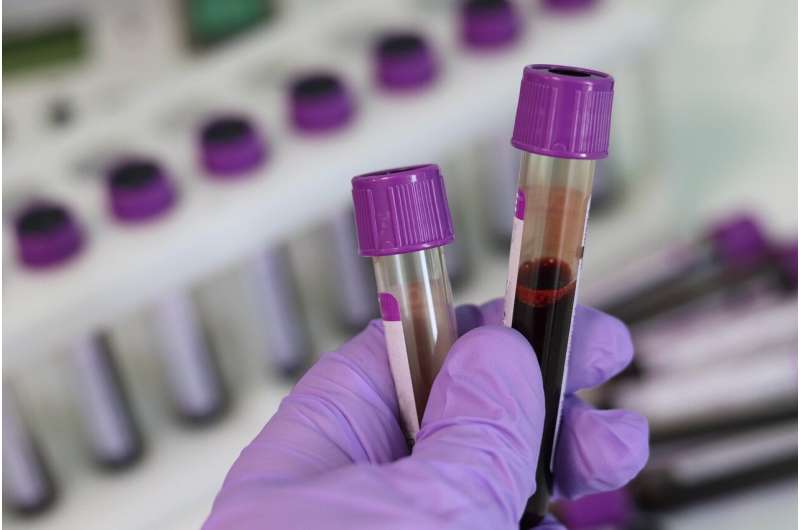Innovative Blood Test Enhances Detection of Tumor-Derived Cell-Free RNA with Unprecedented Sensitivity

Researchers from Stanford have developed a groundbreaking blood-based diagnostic method called RARE-seq, significantly improving the detection of tumor-derived cell-free RNA (cfRNA) in the bloodstream. This novel technique boasts approximately 50 times higher sensitivity compared to traditional sequencing methods, enabling earlier and more accurate identification of cancers such as lung cancer at various stages.
Tumors often begin as undetectable cell clusters within the body, emitting tiny fragments of RNA into the bloodstream as they grow and die. These circulating RNAs serve as early indicators of cancerous activity, long before symptoms appear. However, detecting these rare tumor-specific RNA fragments amidst the abundance of normal cell RNA has been a challenge.
The RARE-seq method enhances detection by combining optimized sample collection, precise RNA extraction, and enrichment techniques during library preparation. It utilizes molecular probes to isolate thousands of low-abundance, tissue-specific RNA transcripts and employs computational models to filter out noise caused by blood cell-derived RNA, particularly from platelets.
In a comprehensive study involving 437 plasma samples from 369 individuals—spanning different cancer stages, benign conditions, and healthy controls—RARE-seq successfully identified lung cancer signatures in over 70% of confirmed cases, with detection rates increasing alongside disease progression. It outperformed circulating tumor DNA (ctDNA) analysis, detecting some cases that ctDNA missed.
Furthermore, RARE-seq was able to identify genetic mutations associated with lung cancer, including alterations in genes like EGFR, KRAS, and RET, providing valuable insights into tumor biology and resistance mechanisms. The technique also detected RNA from COVID-19 vaccines and markers of lung injury, demonstrating its broad potential in diagnosing diverse health conditions.
This study, published in Nature, underscores the potential of cfRNA analysis as a versatile non-invasive diagnostic tool that can facilitate early cancer detection, monitor disease progression, and even provide insights into treatment resistance. Future clinical trials and expanded reference datasets will be essential to translate this promising technology into routine clinical use.
Source: Medical Xpress
Stay Updated with Mia's Feed
Get the latest health & wellness insights delivered straight to your inbox.
Related Articles
Experts Warn That Prostate Screening Practices May Not Benefit Those Most in Need
New research investigates PSA testing practices in England, revealing overtesting and disparities that could lead to unnecessary treatments and increased healthcare costs. Experts call for clearer, evidence-based screening guidelines to enhance patient outcomes.
New Study Reveals Circadian Rhythms Specifically Regulate Bone Resorption
A new study reveals that circadian rhythms specifically regulate bone resorption, providing insights into how our internal clock influences bone health and potential implications for osteoporosis prevention.
Harnessing AI for Safer Drug Development: Predicting Adverse Drug Reactions
A new AI-powered deep learning model predicts adverse drug reactions based on chemical structures, potentially transforming drug safety assessments and early detection of side effects.
How Your Brain Hemispheres Process Language Differently: Insights from Neuroscience
Exploring how the brain's hemispheres segregate language and sound processing reveals critical insights into development, neurodevelopmental disorders, and the importance of timing in neural circuit formation.



